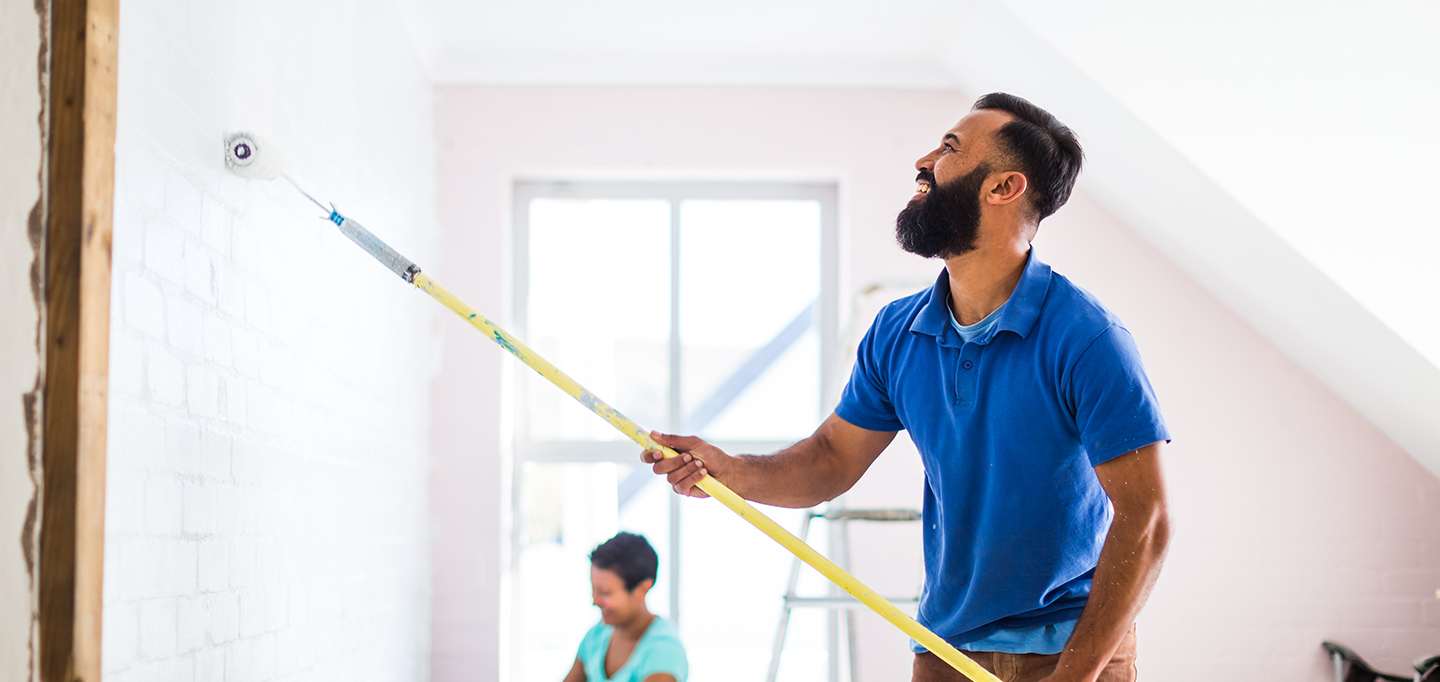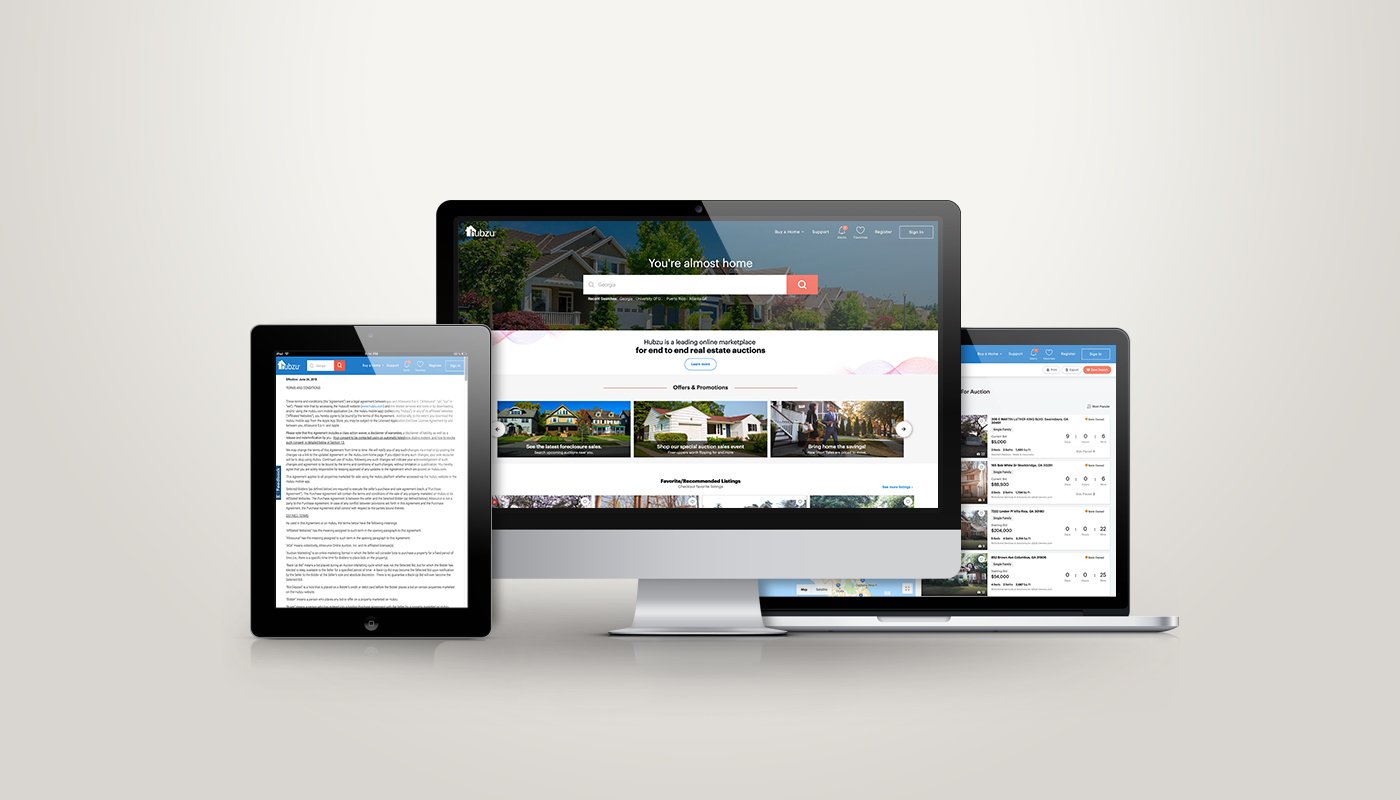Whether it’s freezing cold outside or it’s the peak of summer, you want your investment property to provide optimal comfort for a price that’ll save on the energy bill and up the value of the property.
To help lower costs, make sure to implement these energy-saving tips throughout your rental properties.
1. Treat Your Windows
Look for window treatments and coverings to reduce the temperature in the summer and to trap heat during the winter.
Some popular examples include fabric draperies, blinds, shutters, insulated panels, awnings and more. Another option is to prevent air leakage by adding caulk and weather stripping around each window.
2. Install Programmable Thermostats to Help Market Your Properties
Think of all the time people spend either sleeping or away from their homes. A thermostat running at full capacity all the time is just wasting energy by heating or cooling an area that isn’t even being occupied, which is where a programmable thermostat comes in handy!
A programmable thermostat is designed to adjust the temperature at regular intervals throughout the day based on your predetermined settings. For example, if renters are at work from 9 am – 5 pm each day, they can program the thermostat so it’s not heating or cooling the home between those hours. A marketable feature you can brag about in housing descriptions.
3. Change Filters Before Renters Move In
Did you know that replacing a dirty air filter with a clean one can reduce energy consumption by up to 15 percent?
A dirty air filter makes your furnace or air conditioning system work in overdrive to overcome the resistance caused by the clogging of airflow. Not only will renters have to pay more to cover the extra energy your system is putting out, but you’ll have to deal with expensive repairs later on due to the deterioration caused by an overworked furnace or air conditioner.
To prevent this, stick to changing filters before any renters move in, then advise them to change filters every few months. This way, you’re on top of the issue and the system isn’t having to work harder. If you’re a landlord to renters, be sure to include this tip to residents whenever they move in.
4. Leaky Ducts Lead to High Bills
Don’t overlook the property’s duct system, as leaking ductwork can be a significant cause of high energy bills for your renters. Ductwork leaks can account for 25 percent of cooling costs by losing heated or cooled air through unsealed joints.
If higher than usual bills have renters concerned, then take a look at three telltale signs that leaky ducts may be the issue:
• There’s dust everywhere: Ducts that have collapsed, are broken or have leaks will pick up small particles and dust while spreading it everywhere.
• A drop in air quality: A bad duct system will pull in outside air, which can be a nightmare if you store hazardous chemicals like pesticides, fertilizers and paint thinners in your basement or near your home.
• Abnormally high bills: If there’s a sudden spike in the energy bill that can’t be attributed to a party or home project, there’s a good chance that leaky ducts are the culprit. This is due to air leaking into the basement, attic, and other areas of the property that are soaking up valuable energy.
If you feel like your property may be falling victim to a leaky duct system, be sure to contact a professional right away.
5. Schedule an Energy Audit on Your Property
The most effective way to get to the root of any energy issues within your property is by performing an energy audit.
An energy audit is essentially an at-home assessment that works to thoroughly test your home’s energy use. The energy auditor will examine the property room by room for any glaring issues and take a look at your past energy bills for any major discrepancies.
While you may be able to notice specific issues going on within your property, an energy professional can highlight certain problems that may go undetected by the untrained eye. For this step, consider contacting your energy provider to see if they offer residential energy assessments or have any trusted professionals they can recommend.
Whether you plan to rent your property or put it up for sale, the above tips can potentially improve the value of your property and may even save you money in energy costs in the long run.









